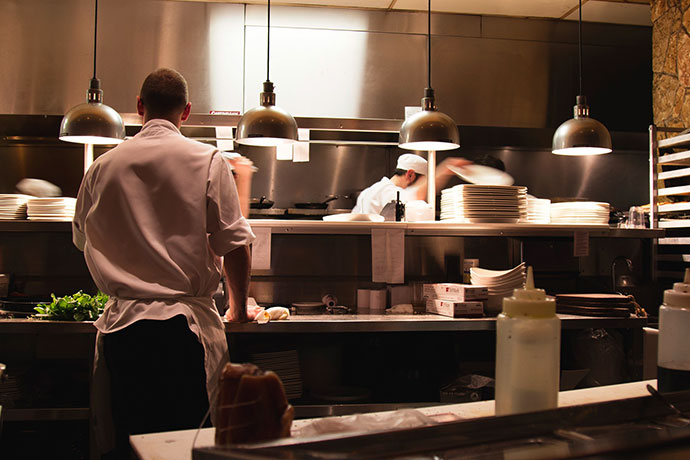The primary duty of a restaurant manager is to oversee the day-to-day operations, ensuring that everything runs smoothly and efficiently. In addition, they do their best to provide quality services to each client, which helps to improve the restaurant’s reputation. Cafe managers are also team leaders that motivate employees to work hard to enable the restaurant to continue making profits. Cafeteria supervisors’ duties vary depending on their establishments. However, their typical responsibilities include the following.
General management and administration
Restaurant executives are responsible for general management and administration at their eating places. That includes coordinating all operations to ensure quality service delivery in all departments. They also prepare weekly, monthly, and annual financial reports and recommend strategies to reduce operating costs to enable the cafe to make as much profit as possible. Restaurant supervisors also help cafe owners to know when things are not going according to plan. That allows them to take timely action to ensure the issues do not affect the eatery’s reputation.
Handling marketing issues
The hospitality industry is one of the most profitable. That is why many business owners venture into the industry daily. More restaurants have significantly increased competition, forcing cafe owners to be more creative to attract clients to their eateries. Most restaurant owners use innovative marketing strategies to popularize their eating places. They leave the task to their managers, who develop different marketing techniques to attract more clients.
Some restaurant managers are very creative. They manage to increase sales significantly by introducing effective marketing strategies that persuade clients to buy their products—however, the most successful cafe executives research before deciding the marketing technique for the most effective results. New foodservice projects like developing a contactless curbside pickup option require a proactive approach and fierce determination. Therefore, managers must ensure that the measures they introduce will deliver their desired results.
Handling customer services
Clients feel appreciated when a café representative welcomes them and assists them after arriving in a restaurant. That is why many restaurant owners advise their managers to greet and advise customers on the best meals and drinks available at the cafe when they visit their eateries.
Restaurant executives then deliver food and beverages services to ensure that every client is satisfied. That helps create a good relationship with customers, returning them. Cafeteria managers also handle customer inquiries and complaints, ensuring that no client leaves the restaurant dissatisfied because that might damage the cafe’s reputation.
Overseeing human resources services
Restaurant managers are in charge of hiring workers. They then train them to handle different tasks to deliver the desired results. Cafe supervisors also allocate employees’ duties and set targets that they should meet. They also offer any assistance employees require to help them provide better service and function at greater productivity over time.
Furthermore, easterly executives are in charge of disciplining employees who defy restaurant rules. That includes suspending or firing employees that don’t change their behavior after several warnings. Supervisors also help workers to solve their differences when they disagree. That helps all employees to live in harmony, which increases productivity.
Procuring appliances and products
Restaurant leaders take their time to research the latest equipment that might help employees to offer better services. They then order supplies from reputable companies. Cafe managers also monitor product quality to ensure that their restaurants only use the best commodities in the market. They then handle the vendors that supply different products to their restaurants.
Ensuring that employees comply with health and safety measures
Restaurant workers have to follow all the safety regulations to protect themselves and their clients. They must also comply with all health regulations to prevent infections at the workplace. Cafe Managers are in charge of establishing safety policies to avoid work-related injuries. Supervisors also ensure that all employees follow all the health and safety procedures proposed by different organizations.
That helps keep employees and clients safe, which prevents lawsuits from people who might sue the management when they sustain injuries at the restaurant. It also prevents the cafe from getting into the bad books of the law.
Final thoughts
Apart from the duties above, the cafe managers also handle other responsibilities. They aim to increase customer satisfaction, which helps improve the restaurant’s reputation, attract more clients, and increase earnings.

